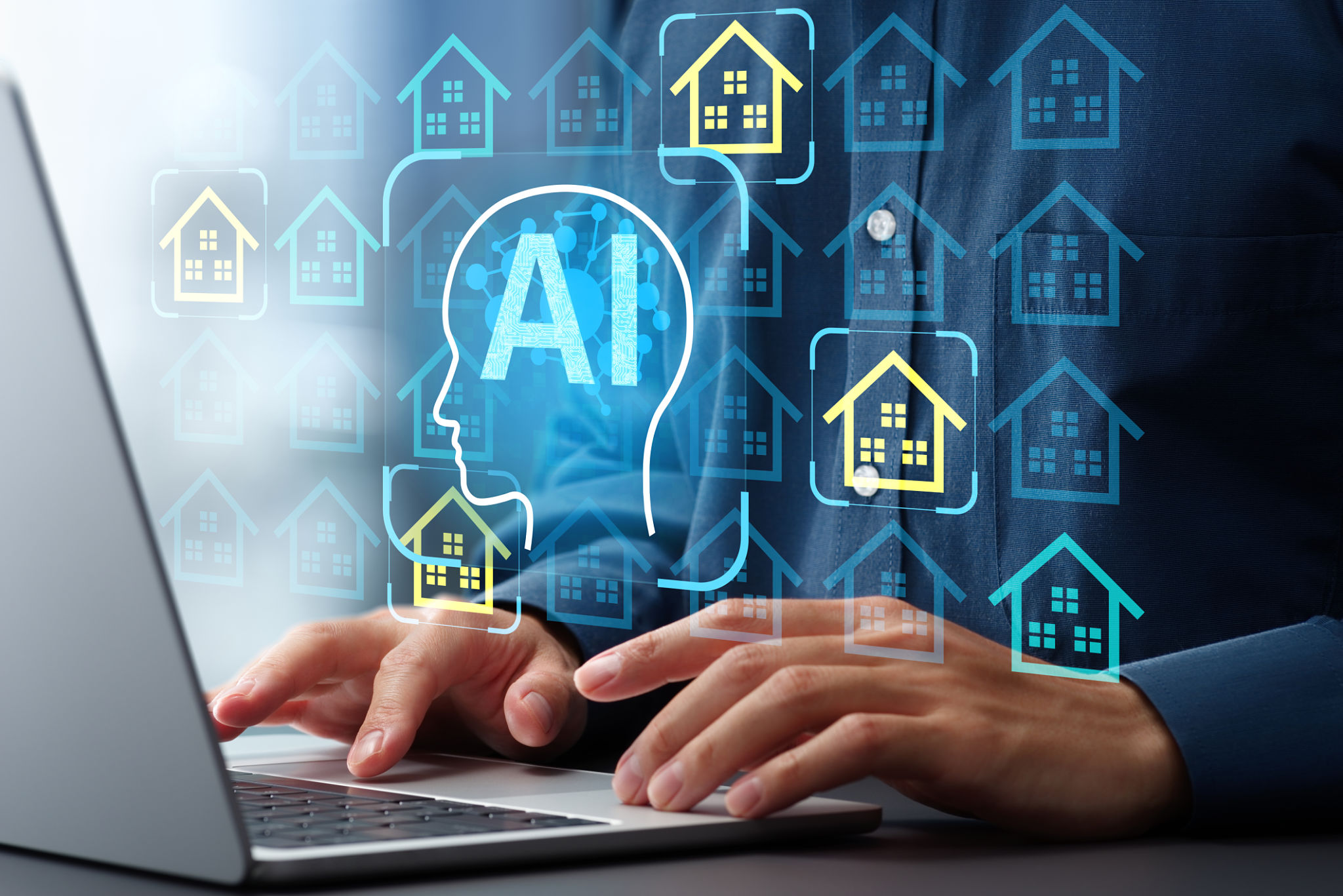How AI is Revolutionizing Real Estate: Expert Insights and Future Predictions
The Rise of Artificial Intelligence in Real Estate
Artificial intelligence is transforming various industries, and real estate is no exception. From property management to investment decisions, AI is enhancing efficiency and accuracy across the board. The integration of AI technologies is not only streamlining processes but also reshaping how industry professionals approach their work.
Real estate agents, property developers, and investors are increasingly relying on AI-driven tools to gain insights and make informed decisions. These technologies are helping to analyze vast amounts of data quickly, providing a competitive edge in a fast-paced market.

Enhancing Property Valuation and Market Analysis
One of the most significant impacts of AI in real estate is its ability to enhance property valuation accuracy. By leveraging machine learning algorithms, AI can analyze historical data, market trends, and economic indicators to predict property values more precisely than traditional methods.
Moreover, AI-driven analytics tools are enabling real estate professionals to conduct comprehensive market analyses. These tools can process data from various sources, offering insights into emerging trends, buyer preferences, and potential investment opportunities.

Improving Customer Experience
AI is also revolutionizing the customer experience in real estate. Virtual assistants and chatbots are now commonplace, providing potential buyers and tenants with instant responses to their queries. These tools can offer 24/7 support, ensuring that customer service is consistent and efficient.
Furthermore, AI-powered platforms can personalize property recommendations based on user preferences and browsing history. This level of personalization increases the likelihood of successful transactions and enhances overall customer satisfaction.

Optimizing Property Management
For property managers, AI offers tools that simplify operations and maintenance tasks. Smart building technologies use AI to monitor systems such as HVAC, lighting, and security, ensuring optimal performance and energy efficiency. This not only reduces operational costs but also enhances tenant satisfaction by maintaining comfortable living conditions.
Additionally, predictive maintenance powered by AI can identify potential issues before they become significant problems. This proactive approach helps property managers avoid costly repairs and minimize downtime.
Future Predictions for AI in Real Estate
The future of AI in real estate is promising, with continuous advancements expected to bring even more transformative changes. Experts predict that AI will soon be integral in automating more complex tasks such as legal documentation, contract management, and even architectural design processes.
Moreover, as AI technologies evolve, they are likely to become more accessible to smaller businesses and independent agents, democratizing the benefits of these innovations across the industry.

Conclusion
The integration of AI into the real estate sector is no longer a futuristic concept but a present-day reality. As these technologies continue to evolve, they will undoubtedly play an increasingly pivotal role in transforming how real estate professionals operate. Embracing AI offers the potential for enhanced efficiency, better customer experiences, and more informed decision-making, paving the way for a smarter future in real estate.
